From back-breaking working hours and loneliness, to delayed salaries, a culmination of factors have consistently plagued migrant workers, adversely affecting their psyche. While completely weeding out such issues may seem like an uphill task, there are organisations who are going the extra mile to render much-needed assistance to the struggling community.
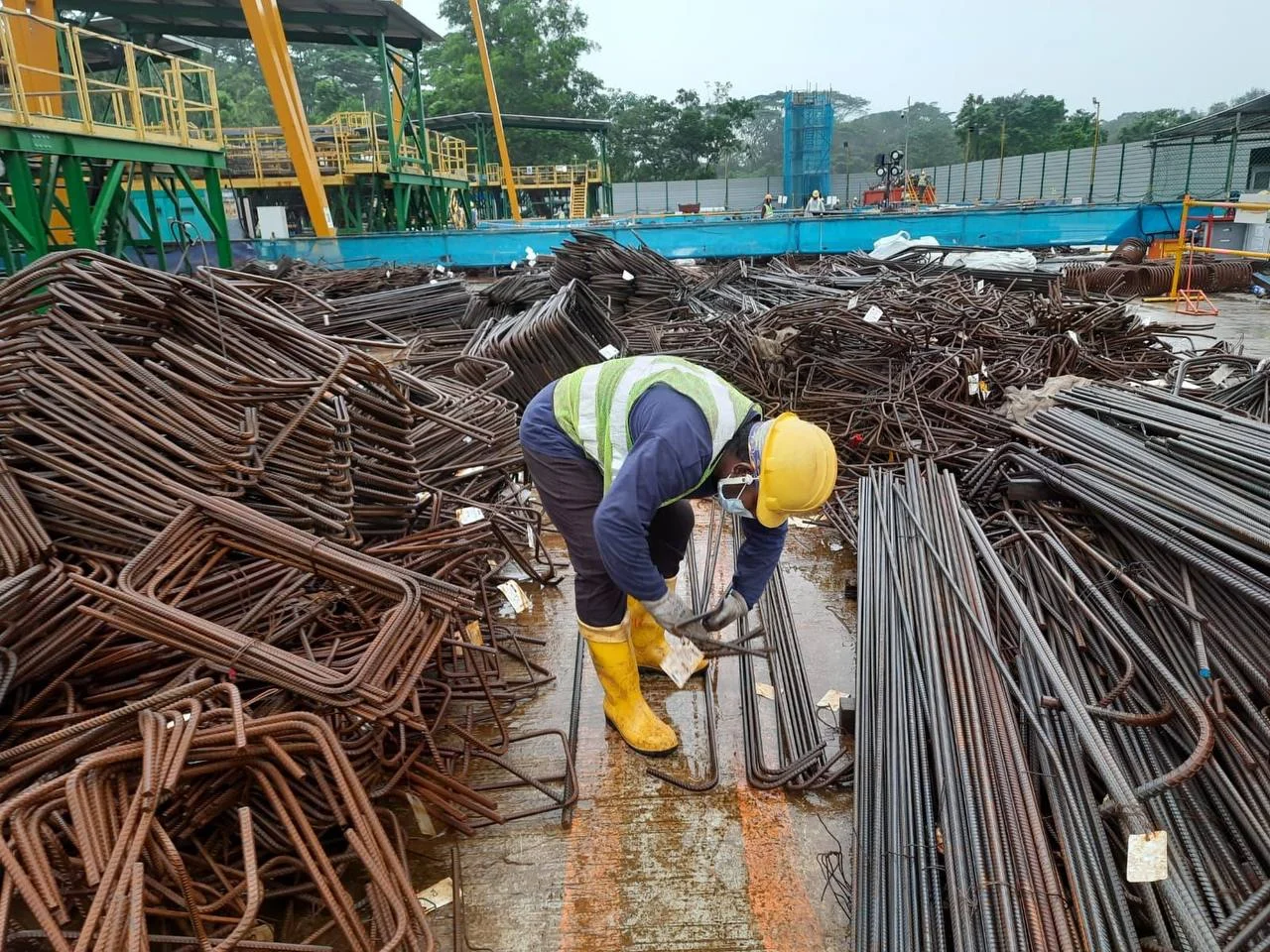
At the tender age of 20, Bangladesh national Nurajhan Begum made the brave decision to leave home to work in Singapore to support his struggling family.
Over the next four years, he found himself grappling with long hours of back-breaking construction work, living in an extremely confined space, while sometimes even being treated unfairly by his superiors. Unfortunately, Nurajhan is just one of the many who are struggling with the harsh reality of being a low-wage foreign worker in Singapore.
“There is a lot of pressure on me to send money back home to support my family,” described Nurajhan, who is housed at Cochrane Lodge — a licensed dormitory in Admiralty.
“No matter how tiring or long my shift is, I still do the job because my family needs the money. Being so far away from them, I often feel sad and lonely when I think about home,” he added in a meek tone.
According to the Ministry of Manpower, the foreign workforce in Singapore consists of over 1.3 million workers, which makes up around a third of the country’s workforce. The physically demanding nature of their jobs, coupled with the loneliness of being away from their loved ones has made it extremely difficult for the workers mentally.
Worse still, there have been cases where some employers take the opportunity to exploit the workers through dubious means, such as withholding their salaries or taking away their leisure time, which further compounds their never-ending struggles.
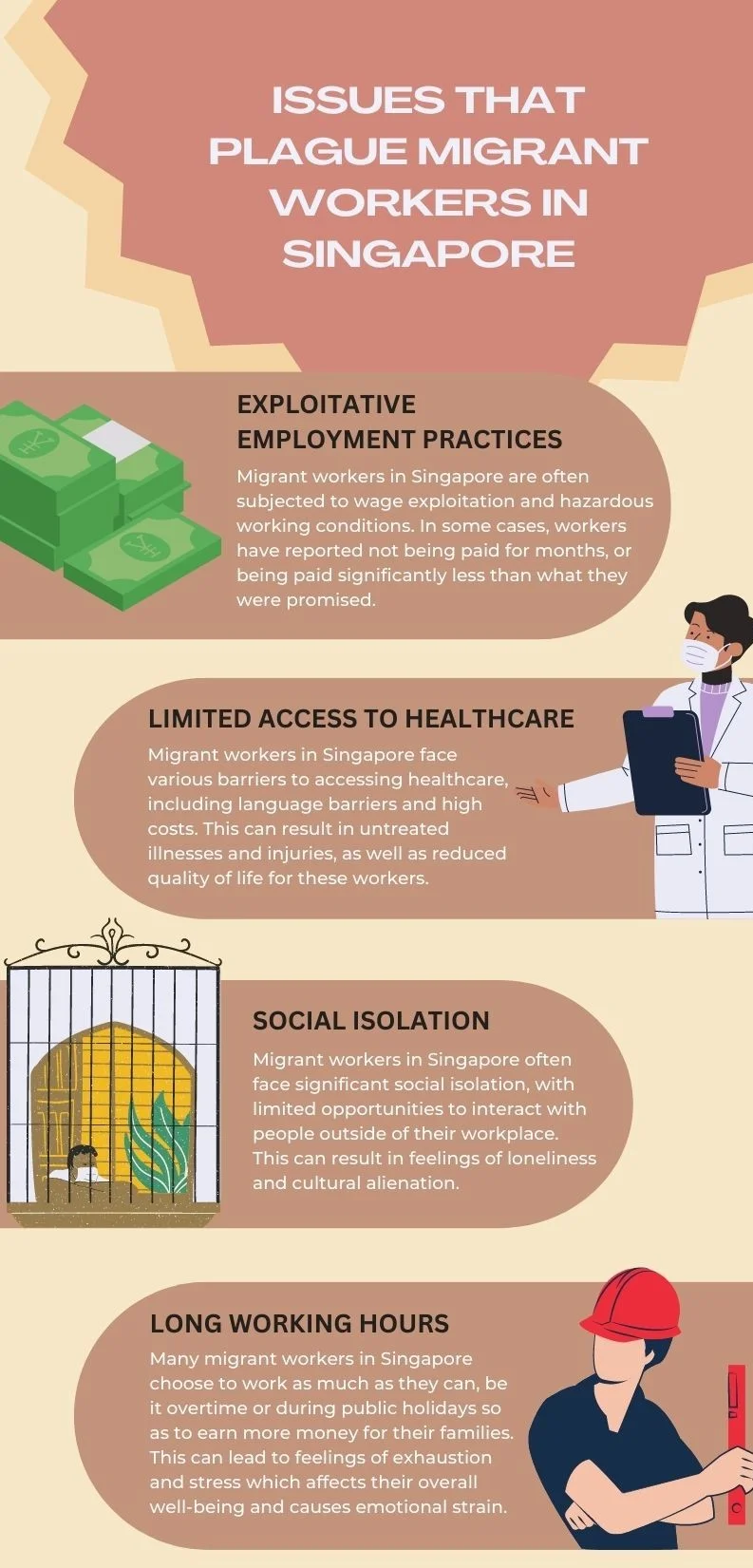
A study published in 2019 in the International Journal of Environment Research and Public Health revealed that Singapore’s migrant workers were at a higher risk of developing depression and anxiety, citing poor living conditions, lack of social support, and homesickness. Evidently, the mental health of migrant workers is and has always been one of the major issues plaguing the seemingly squeaky-clean reputation of Singapore.
DEMANDS OF THE JOB
Loneliness and long working hours are some of the biggest factors when it comes to the deteriorating mental health landscape of workers. Aside from being away from their families, migrant workers also do not get enough opportunities to interact socially, leading them to often feel isolated and disconnected from the world.
For a family-orientated individual like Nurajhan, spending such a prolonged amount of time away from the people he loves has been weighing him down. “Due to work, I can only afford to video call my family for around 15 minutes every night. Other than that, I rarely speak to anyone in my dormitory because I am too tired after work,” he described.
Due to the lack of interaction, his day-to-day routines are frequently plagued with loneliness, which has a significant impact on his productivity and desire to work.
Similarly, 30-year-old Chinese national Zhang Zhou Wei, who left home in 2014 to seek work at a Singaporean construction company, also struggles with the arduous working hours coupled with being alone in a foreign land.
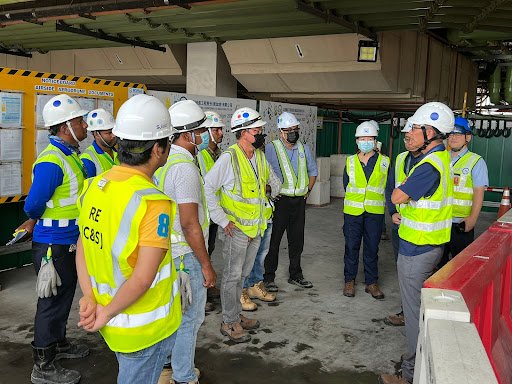
Zhou Wei spends an average of 10 hours at the site daily carrying heavy loads and equipment. Despite his best efforts to get enough rest every night to recharge himself, he constantly finds it challenging to fall asleep due to the soreness and aches in his body.
“The work here is extremely tiring and long, so I often find myself completely drained out physically and mentally. However, I must still do whatever it takes to give my family a better life,” he said.
UNDERAPPRECIATED
Unlawful exploitation is one of the biggest issues faced by migrant workers.
There have been dubious cases of employers withholding their workers’ pay for no apparent reason, which has led to financial stress and uncertainty among them. Stories have also emerged of superiors confiscating their workers’ passes, restricting them from exiting the dormitories on their rest days.
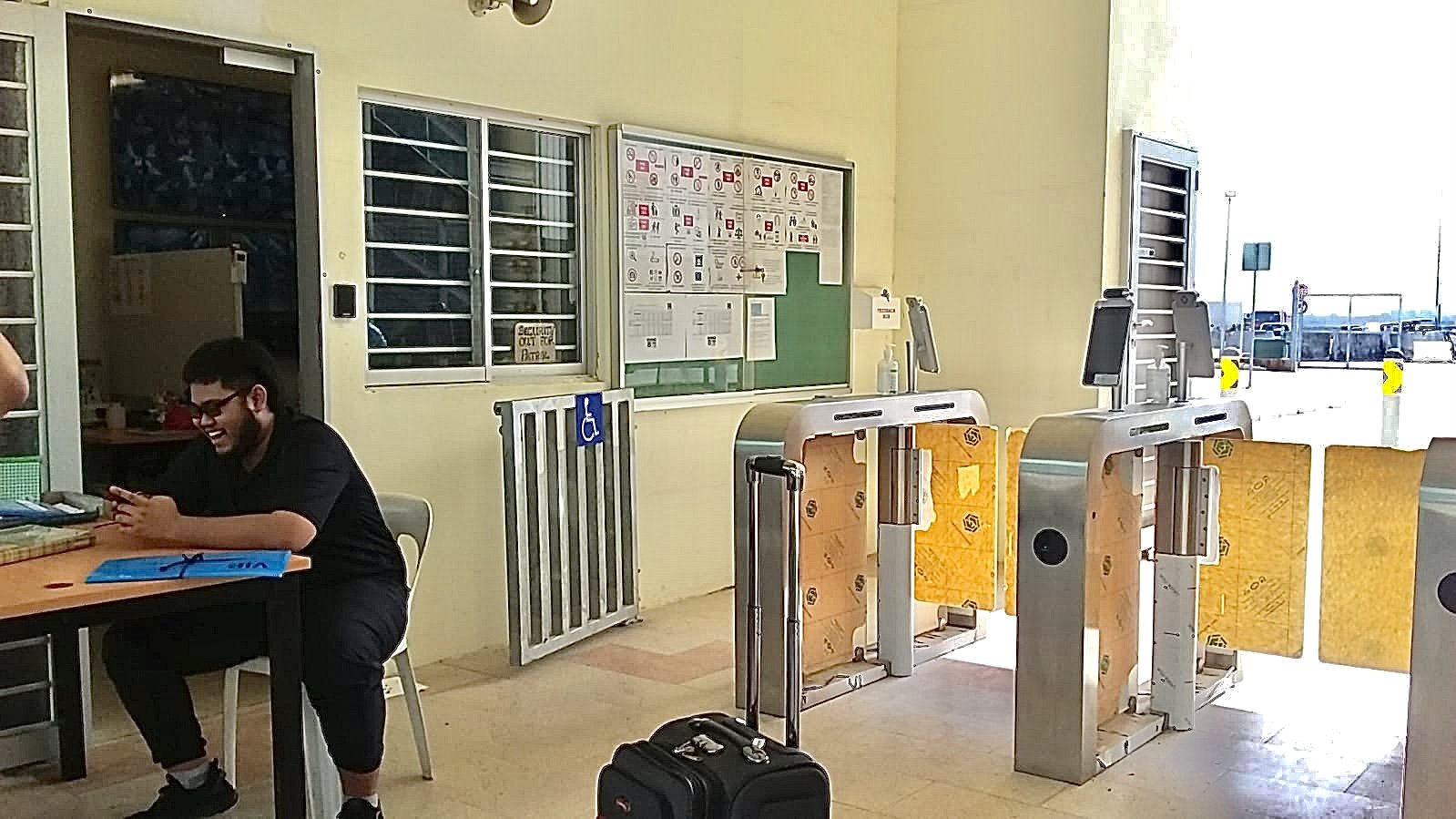
A Pakistani worker residing in a Jurong dormitory, who preferred to remain anonymous, recounted how he often received late payments from his supervisors.
“Although my contract states that I will be paid monthly, but my pay often comes one or two months late. When I bring this issue up to the management, they will just tell me that the reason is due to processing issues,” he lamented.
“This makes me very worried as if my pay comes in late, how can I send money to my four kids back at home?”
Despite the Ministry of Manpower (MOM) having strict laws and regulations in place to protect the rights of these workers, the withholding of pay remains an insidious problem that many migrant workers are no stranger to.
“Many employers may still take advantage of the vulnerabilities of migrant workers due to their lack of knowledge of labour laws and the fear of losing their job,” explained Ang Kai Fong, a director at Healthserve, a company dedicated to bringing healing and hope to Singapore’s migrant community.
Due to the volatility of their jobs, migrant workers are constantly treading on eggshells and are hesitant to open up about any workplace mistreatment and struggles. With few options to turn to for help, many workers have chosen to keep their struggles tucked away in their hearts, which inevitably takes a toll on their mental landscape.
SILVER LININGS
Fortunately, the government has recognised the paramountcy of the problem, implementing various initiatives and schemes to aid the mental health of migrant workers.
Currently, the Ministry of Manpower (MOM) has a toll-free helpline set up for migrant workers to call in to seek assistance. The Migrant Workers’ Centre (MWC) also offers counselling and support services, along with the Health Promotion Board (HBP) which has a program — Migrant Worker Health Assistance Program — which provides free medical check-ups and health education to migrant workers.
Despite these efforts, there are still many limitations that prevent migrant workers from getting sufficient access to the help that they need. This has prompted multiple non-governmental organisations (NGOs) to dedicate their resources and help in a bid to supplement the government’s efforts toward migrant workers.
Transient Workers Count Too (TWC2), founded in 2003 and led by Debbie Fordyce, is a prominent example.
The organisation seeks to address the challenges faced by migrant workers that are centred around areas such as employment rights, fair wages, and health and safety. Many workers also turn to them for support and aid especially when it comes to abuse and exploitation.
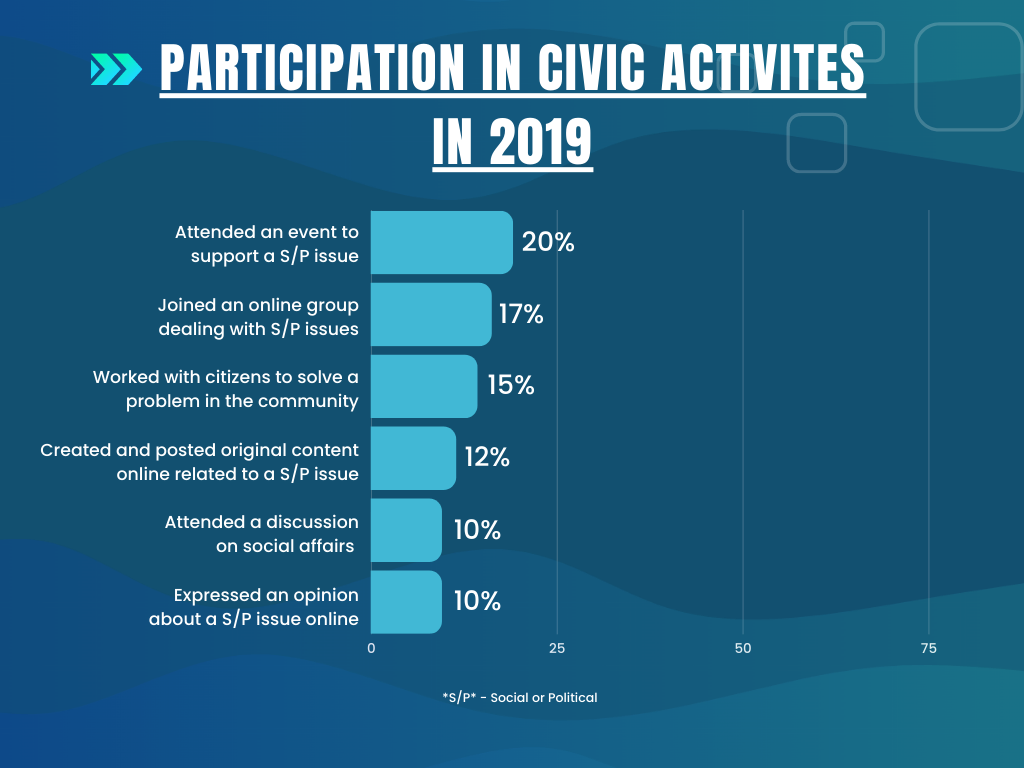
“The current measures are reactive rather than proactive, which means that they only address the symptoms and not the root causes of the problem,” shared Debbie.
She elaborated that the language and cultural barriers makes it challenging for the workers to understand and navigate the healthcare system.
“Many workers report that they are not aware of the services provided by the government and this is due to a lack of proper information dissemination and language barriers.”
“There’s also a stigma around mental health in many of these workers’ home countries, which means that they are uncomfortable when it comes to speaking out and speaking up,” explained Debbie.
Debbie recounts how there have been many instances where the contracts of the migrant workers were wrongfully terminated, resulting in them being unable to find new jobs due to the employment regulations and leaving them helpless without a source of income.
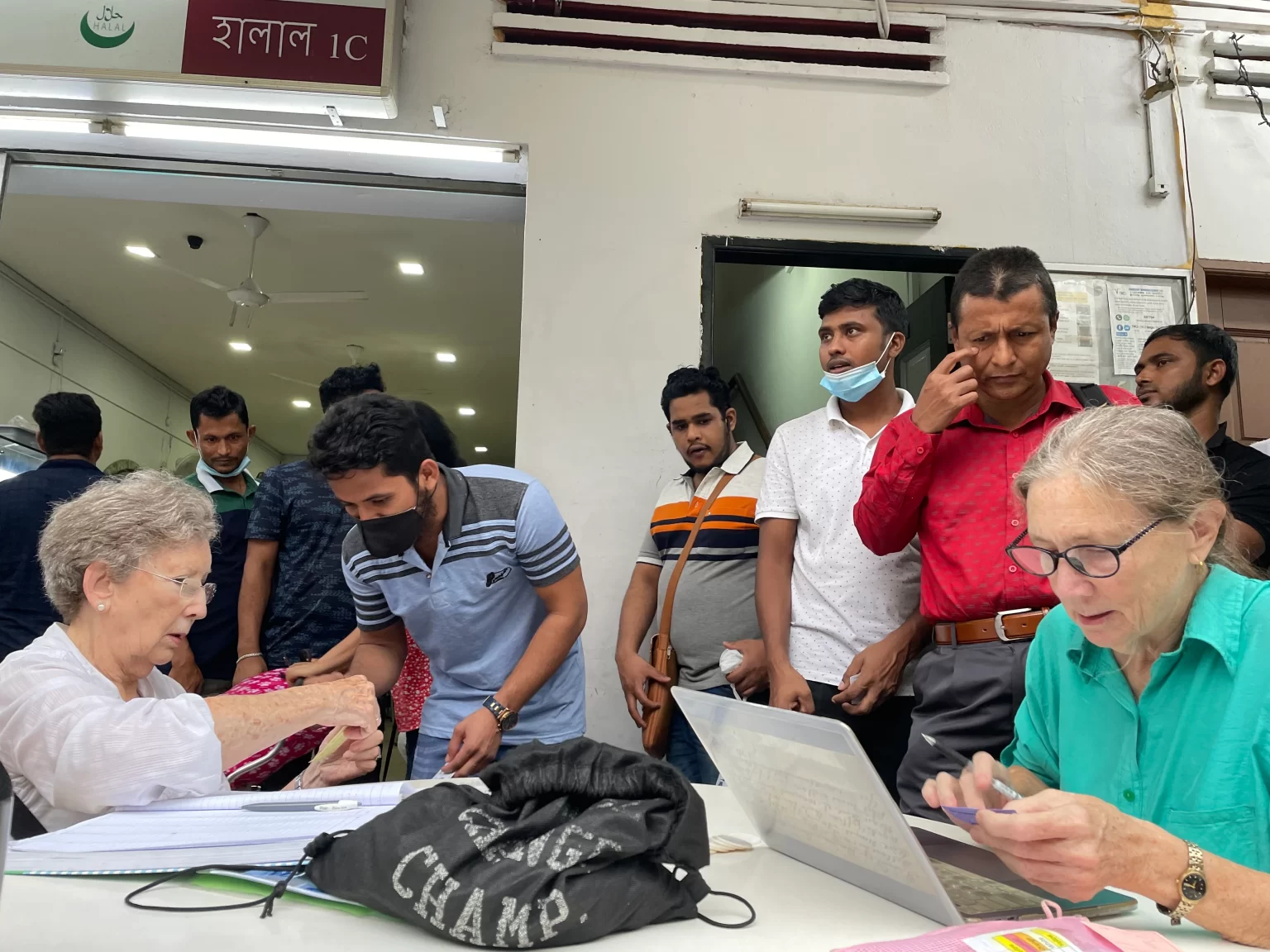
While Debbie acknowledges that TWC2 is unable to circumvent the issue of unjust retrenchment, they can still lend a hand through the distribution of food coupons which helps the workers to get by.
“Besides the food vouchers, we also help to top up their EZ-Link and prepaid cards so they can take public transport and also call their families.”
“These may be considered minor things, but they are some of the stressors in their day-to-day life that we try our best to eliminate,” shared Debbie.
Counselling services are another form of aid that is ubiquitous amongst most of the NGOs in Singapore, with a standout being the Humanitarian Organisation for Migration Economics (HOME).
According to HOME, their mental health services are provided by trained counsellors who are culturally sensitive and understand the specific challenges faced by migrant workers.
Not only do they offer support groups and workshops to help migrant workers cope with stress and mental health issues, but they also provide counselling in a variety of languages — including Bengali, Burmese, and Mandarin.
“Language barriers make it hard for these workers to understand the healthcare system which is why we step in and try to bridge that gap while providing them a safe space to open up about their struggles,” said Sujata Pawar, one of the helpline consultants at HOME.
It is a system that has been welcomed by the migrant workers, with many of them actively utilising the helplines and engaging in physical check-in sessions with the counsellors.
“When we share our problems with the counsellors, we can see that they are trying their best to help and provide us with solutions. If we want a lawyer, they will also get us a lawyer for free so we are very grateful,” shared Nurajhan.
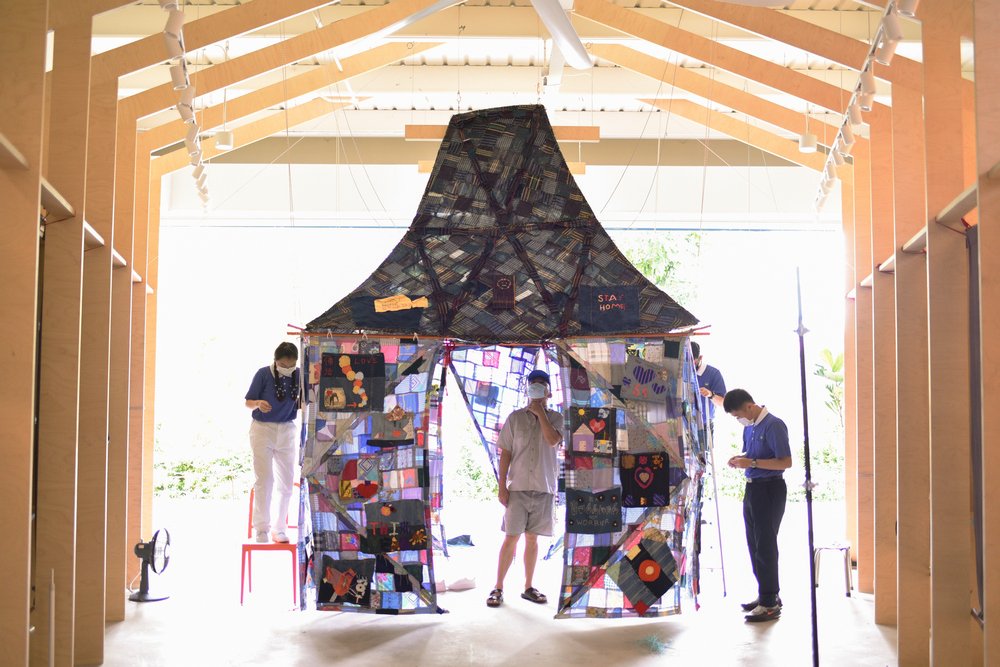
Tzu Chi also collaborated with MOM on a project titled “Care for Migrant Workers” Mental Health” which comprises activities aimed at promoting mental wellness among the workers.
Such activities include pilates and meditation lessons, learning simple body rhythmic moves, and tea appreciation to help the workers alleviate their stress.
Two poetry appreciation activities were also conducted online where workers from the Philippines, Indonesia, and Bangladesh met up during the weekends to share their poems.
Despite all that is being done, Sujata still firmly believes that the best way to help these migrant workers is to actively raise awareness regarding the issues they are facing rather than simply sweeping them under the rug.
“At the end of the day, meaningful change will not happen until our society recognises the issues that plague the lives of these workers. and that can only happen once we start having these open conversations,” she explained.
It is a thought-provoking sentiment, but one that is undoubtedly crucial knowing the indispensable role that these workers play in Singapore’s economy as the country continues to grow and prosper.
Whether it’s through improved working conditions, better access to healthcare, or simply a more welcoming society, it’s time for workers like Nurajhan and Zhou Wei to become more than just faceless labourers.
This piece was produced as part of the Diploma in Mass Communication of the Republic Polytechnic in collaboration with the Tzu Chi Humanistic Youth Centre.
Team: AUNG HYI HTET; CHENG HAO NAN, ERNEST; TAY JING YI; HANNAH YAP AN QI



